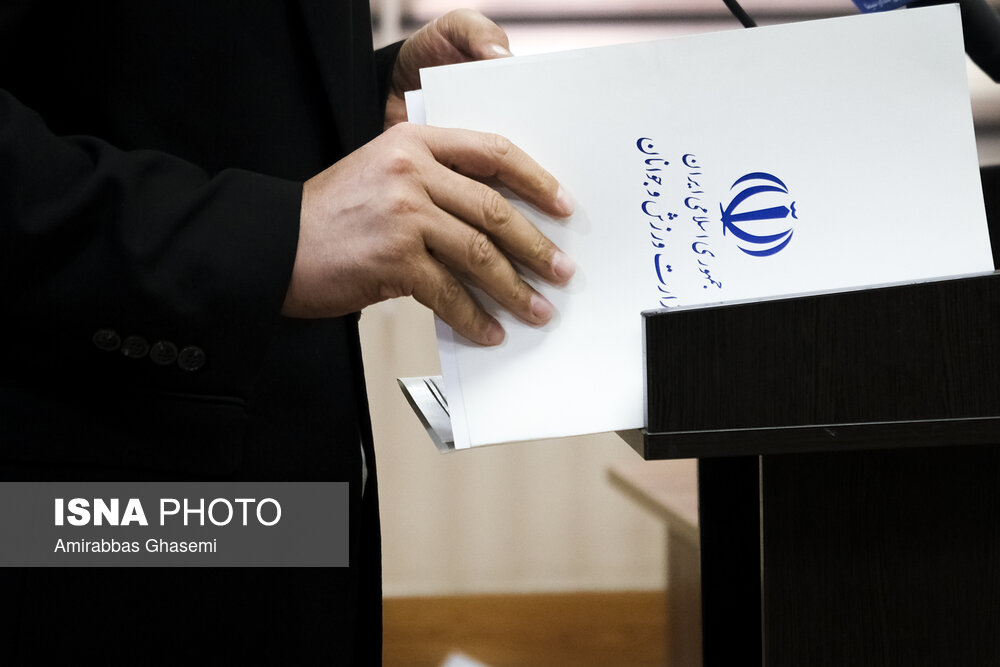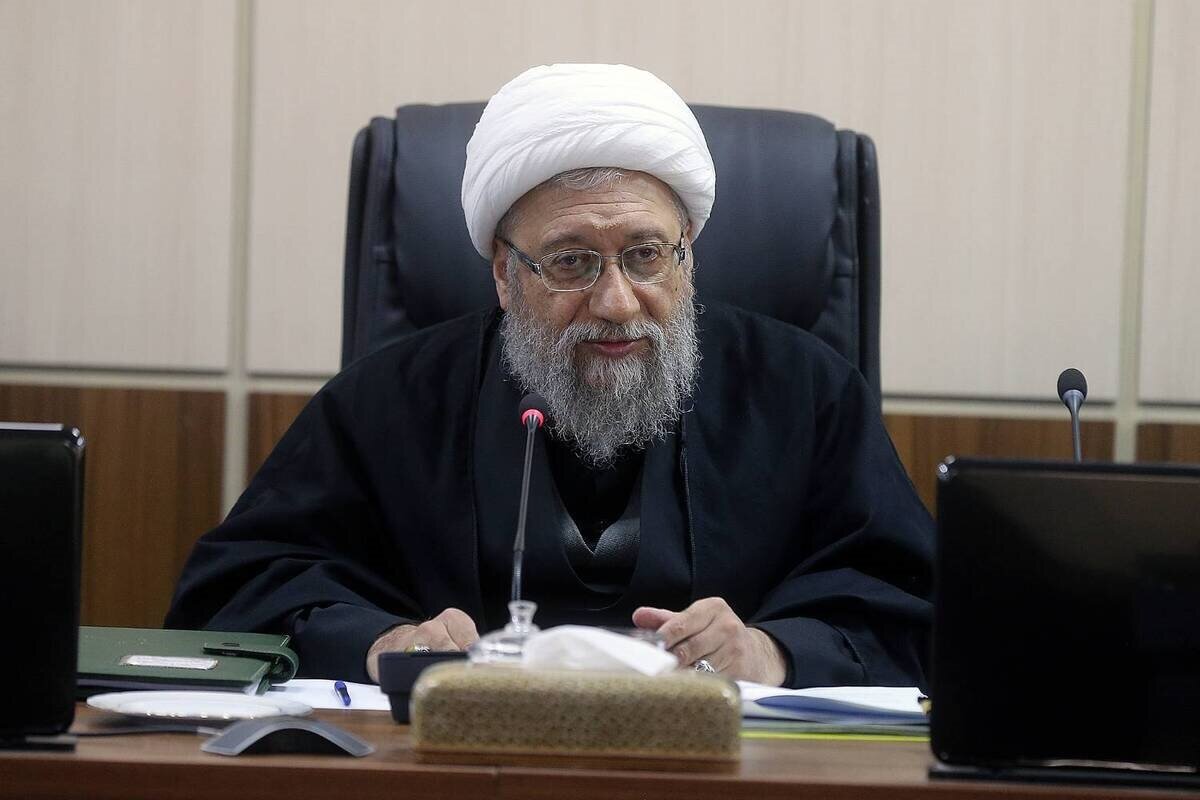Developers drop Vercel, call for boycott after CEO posts selfie with Netanyahu
Developers drop Vercel, call for boycott after CEO posts selfie with Netanyahu

Cloud hosting platform Vercel is under fire after its CEO, Guillermo Rauch, shared a photo of a meeting with Israeli Prime Minister Benjamin Netanyahu on Monday.
The image, which Rauch framed around discussions of AI education and “keeping our free societies ahead”, was immediately read as a political statement given Israel’s genocide in Gaza.
Within hours, developers and users across social media declared they were cancelling their Vercel subscriptions, deleting accounts, and migrating projects to competitors like Netlify, Cloudflare Pages, Fly.io, and Render.
CEO of @vercel met with Netanyahu and praised “peace, safety, and greatness for Israel” while Gaza is under siege.
— boycat (@boycatapp) September 30, 2025
We are migrating everything off Vercel — to alternatives like @Replit by @amasad, @Hetzner_Online , and @Cloudflare
Here's Everything You Need to Know 🧵👇 pic.twitter.com/JXTcl7V2U3
Online, “Vercel's CEO a genocide supporter?” headlines quickly appeared, with users detailing how they were re-architecting deployments in protest. One sarcastic Reddit post read, “We talked about how using AI can speed up your next and current genocide,” while another user responded, “Anyone who thinks Israel wants neighbours has a mental illness.”
Vercel is a US-based cloud platform widely used by developers to host and deploy websites and applications, best known as the company behind the popular open-source framework Next.js. Next.js is a React-based framework that helps developers build fast, scalable, and dynamic web apps.
Next.js, the open-source framework closely tied to Vercel, is also being dragged into the debate. Some maintainers and developers argue that its future should be disentangled from Vercel’s branding, while others warn that the backlash may fracture the ecosystem.
Many are asking if they can move their Next.js projects from Vercel to Replit?
— Amjad Masad (@amasad) September 29, 2025
Yes!
- Go to Import then GitHub
- enter repo URL
- Agent will take care of the rest
It will set up the dev and deployment environments!
For companies moving lots of work, happy to help + discount. pic.twitter.com/DCV7AnLFXa
There were also several who claimed to be employed at the company and publicly announced their resignation from Vercel.
I just handed in my resignation at Vercel https://t.co/DboMwnNC89
— Wesam (@wesamo__) September 29, 2025
Rauch faced the backlash for appearing to back Netanyahu at a time when the UN Independent International Commission of Inquiry on the Occupied Palestinian Territory has characterised Israel’s actions in Gaza as genocide.
One of the most prominent critics of Rauch was Loopify, a pseudonymous crypto founder and Vercel customer who has raised more than $2 million in aid for Gaza.
Loopify announced that its ventures would “move away” from Vercel, calling Rauch’s decision “so dumb” and accusing him of deliberately damaging his own company.
Beyond Vercel: Netanyahu calls social media Israel’s “weapon”
The Vercel uproar is landing just as Netanyahu openly spelt out Israel’s ambitions for what many call tech and social media dominance.
In a video posted by influencer Debra Lea, Netanyahu told a group of US influencers in New York that social platforms are “the most important weapon … to secure our base in the US.”
He identified TikTok as “the most important purchase going on right now,” stressing that whoever controls it “controls the narrative”.
Netanyahu's remarks were met with condemnation online, where critics described them as a rare and candid admission of a digital propaganda strategy. Many suggested that for Netanyahu, TikTok is not just a cultural platform but a strategic battleground.
He also spoke about X, saying, “We have to talk to Elon. He’s not an enemy, he’s a friend.” He concluded that if Israel could secure influence over TikTok and X, “we’ll get a lot.”
In March 2025, Vercel announced that it is partnering with xAI to bring its Grok models directly to Vercel projects through the Vercel Marketplace.
Just a couple of days before the viral image, US President Donald Trump signed an executive order approving a deal to transfer TikTok’s US operations to a consortium of American investors, including Oracle, Michael Dell, Rupert Murdoch, and others.
Combined with Vercel’s controversy, there's a narrative growing online that Israel is positioning itself not only as a military power but as a force within the world’s digital platforms.
Meanwhile, journalist Nick Cleveland-Stout reported on X that Israel has hired former Trump campaign manager Brad Parscale in a $6 million deal to build websites and content aimed at training AI systems like ChatGPT to be more pro-Israel.
According to the report, the US firm ‘Clock Tower X’ will create and deploy content across platforms, help game algorithms, plus manage AI ‘frameworks’ such as ChatGPT to make them more friendly to Israel's cause.
NEW: Israel is paying Trump’s former campaign manager Brad Parscale $6 million to create websites and content designed to train AI models like ChatGPT with pro-Israel messaging (link below) pic.twitter.com/9EHli6Y7aa
— Nick Cleveland-Stout (@nick_clevelands) September 29, 2025
For many web developers, Rauch’s meeting with Netanyahu symbolised the broader problem of infrastructure politics. Choosing a platform is not just a technical decision when the company’s leadership is tied to political figures, according to many on social media.
Please boycott Vercel if you are a developer who uses their service.
— Yasine (@YasineMedia) September 29, 2025
The following legal & humanitarian organizations have accused "israel" of committing a genocide in Gaza:
- United Nations
- B'tselem
- Amnesty International
- Human Rights Watch pic.twitter.com/IYRaMFiaqr
The backlash against Vercel’s, combined with Netanyahu’s admissions about social media, underscores how technology is not a neutral playground, according to many commenters on social media.
It is unclear how the controversy will affect Vercel’s business in the long term. While some developers are publicly cancelling subscriptions and moving projects, others note that vendor lock-in and technical convenience may slow any large-scale migration.
I feel bad for the Vercel team. Frankly, there’s no way he can get out of this hole he’s dug himself.
— jihad (@jaesmail) September 29, 2025
If he stays silent, he continues losing customers.
If he doubles down, he loses more customers.
If he retracts and apologizes, we’ll know he’s lying because he has…
For now, Vercel or its CEO has not issued a statement addressing the backlash.
This is not the first time Israel has been accused of leveraging technology and digital platforms to shape narratives around its war in Gaza.
Israel financed and coordinated an influence operation last year that directed pro-Israel messaging at US lawmakers and the wider American public, with the goal of building support for its military actions in Gaza, according to officials linked to the campaign and documents describing it, according to a New York Times report.
Human Rights Watch documented over 1,050 instances where posts supporting Palestinians were taken down from Instagram and Facebook between October and November 2023. 1,049 of those were peaceful content advocating for Palestinians, showing a pattern of systematic suppression.
A report by 7amleh (The Arab Centre for the Development of Social Media) found that internal Meta leaks revealed that Meta complied with 94 per cent of take-down requests from the Israeli government since October 2023, resulting in over 90,000 content removals and the suppression of many others.











